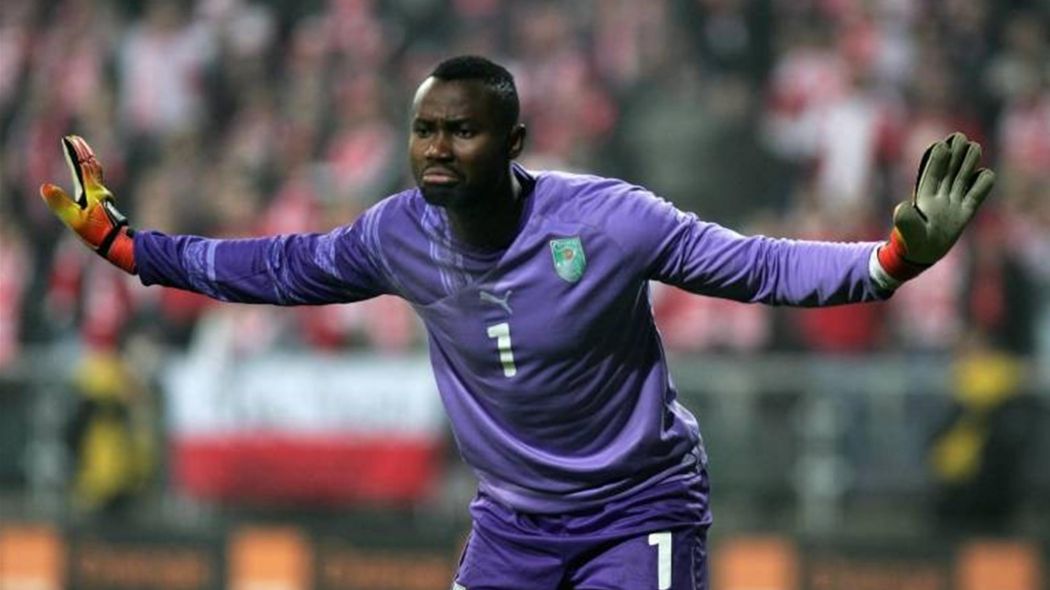We use cookies to help you navigate efficiently and perform certain functions. You will find detailed information about all cookies under each consent category below.
The cookies that are categorized as "Necessary" are stored on your browser as they are essential for enabling the basic functionalities of the site. ...
Necessary cookies are required to enable the basic features of this site, such as providing secure log-in or adjusting your consent preferences. These cookies do not store any personally identifiable data.
Functional cookies help perform certain functionalities like sharing the content of the website on social media platforms, collecting feedback, and other third-party features.
Analytical cookies are used to understand how visitors interact with the website. These cookies help provide information on metrics such as the number of visitors, bounce rate, traffic source, etc.
Performance cookies are used to understand and analyze the key performance indexes of the website which helps in delivering a better user experience for the visitors.
Advertisement cookies are used to provide visitors with customized advertisements based on the pages you visited previously and to analyze the effectiveness of the ad campaigns.

The question of soccer players' post-career lives is an eternal subject of debate in Africa. Society sees integration into the Professional world as the path to salvation and success. So much so that a former player, if he finds himself in certain situations of destitution or misery, immediately provokes a great shock wave.
Real-life stories of players who have fallen on hard times, or sometimes rumors about former footballers, go viral. Emmanuel Eboué (Côte d'Ivoire), Wilson Oruma (Nigeria), Éric Djemba-Djemba (Cameroon), Ifeanyi Udeze (Nigeria), Mohammed Yusuf (Nigeria) have all made the headlines. The latest, which is the subject of much debate but above all general sadness, is that of former Ivorian international Daniel Yeboah. The player trained at ASEC Mimosas played for Bastia and US Créteil. He returned to ASEC at one point to go back to Europe, but his career never took off. He is also the keeper of the senior national team and was selected for the 2010 World Cup.
A modest career.
Thirteen years after the World Cup, we see an emaciated player, a haggard face who granted an interview to RTI. The former player has been living in a poor neighborhood, in a dilapidated house and in general oblivion for the past 3 years. This situation, according to those close to him, is the result of an injury he contracted in Europe, which led him to return to the country after further difficulties. Then, living for a time in Cocody, he found it hard to make ends meet and pay his rent. He had the strength to rejoin his family. Journalists mention his ruin in the article devoted to him. The player himself doesn't clearly explain the reasons behind his life trajectory.His family supports him, but they too (his brothers) live in poverty. As his brother says, "Everyone is looking for themselves here".
These difficult images have already had an effect on a number of internationals who were probably unaware of his situation. Serey Die and Franck Kessié's foundation are going to help the player. Influencers have also activated their networks to do something for the player.
Solidarité : la fondation Franck Kessié au secours du footballeur Daniel Yeboah https://t.co/XqCLgFkQ4F
— Edith Brou Bleu (@edithbrou) August 5, 2023
The post-career future of African players in question
This situation once again raises the question of the post-career future of players who have succeeded in moving abroad, but who are forbidden to fail in Africa. This pressure is not without consequences for the continent's sons, who often fall victim to depression in such cases. Yeboah's family and friends have diagnosed him as such. He has faced the inquisitive gaze of the public for too long. A great suffering that few people can bear, with the slander that is suspected. How did he end up like this are the kinds of questions debated by the general public? Depression is neglected in our tropics. Hurtful looks and words are a reality. And yet failure or bankruptcy is not consubstantial with former players, it affects all spheres of society.
This tragedy raises questions about the after-career of players. But how many of the multitude who played abroad ended up bankrupt? Not many, given the few names that have been in the news. And for what reasons? There are many. And perhaps only the cases of players who didn't look at the expense and ended up ruined at the end of their lives can be the subject of constructive debates to avoid these same pitfalls for their younger brothers.
Debate on player training
In the face of certain post-career dramas, the problem lies in the players' forequarters. In Africa, it raises the debate on the practice of sport. In the United States, it is subject to the conditions of advanced studies. In Europe, training is often compulsory until a certain age. In Africa, on the other hand, the practice of sport often rhymes with the cessation of studies. This does not arm players against certain behaviors and scams. Of course, this also happens to well-educated players, but it also helps others to sniff out bad deals. It's therefore a top priority in Africa to have players who are ready for the top level, who have a chance of finding outlets in their post-career (recognized coach, business, etc.) so that they don't end up as neighborhood coaches.
Another welcome initiative would be to set up self-help structures between footballers, and more generally within society, to help people deal with depression. Depression is not taken at face value, and no-one is immune to it.